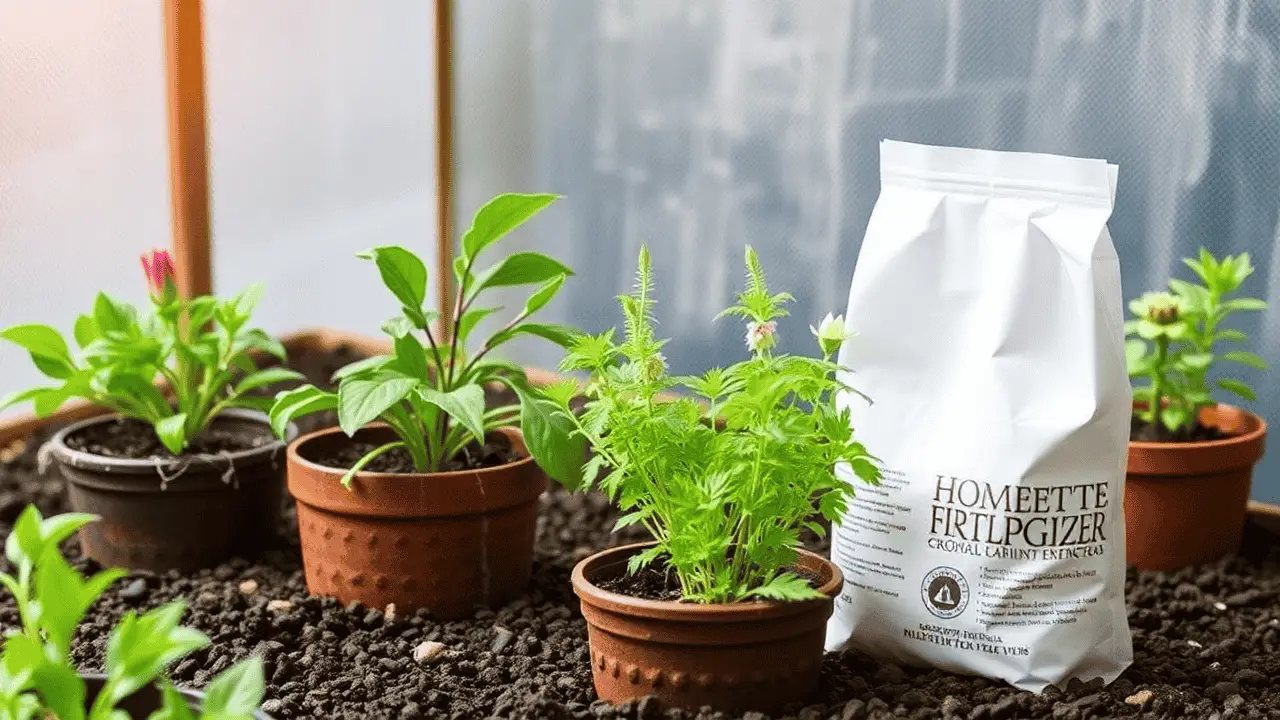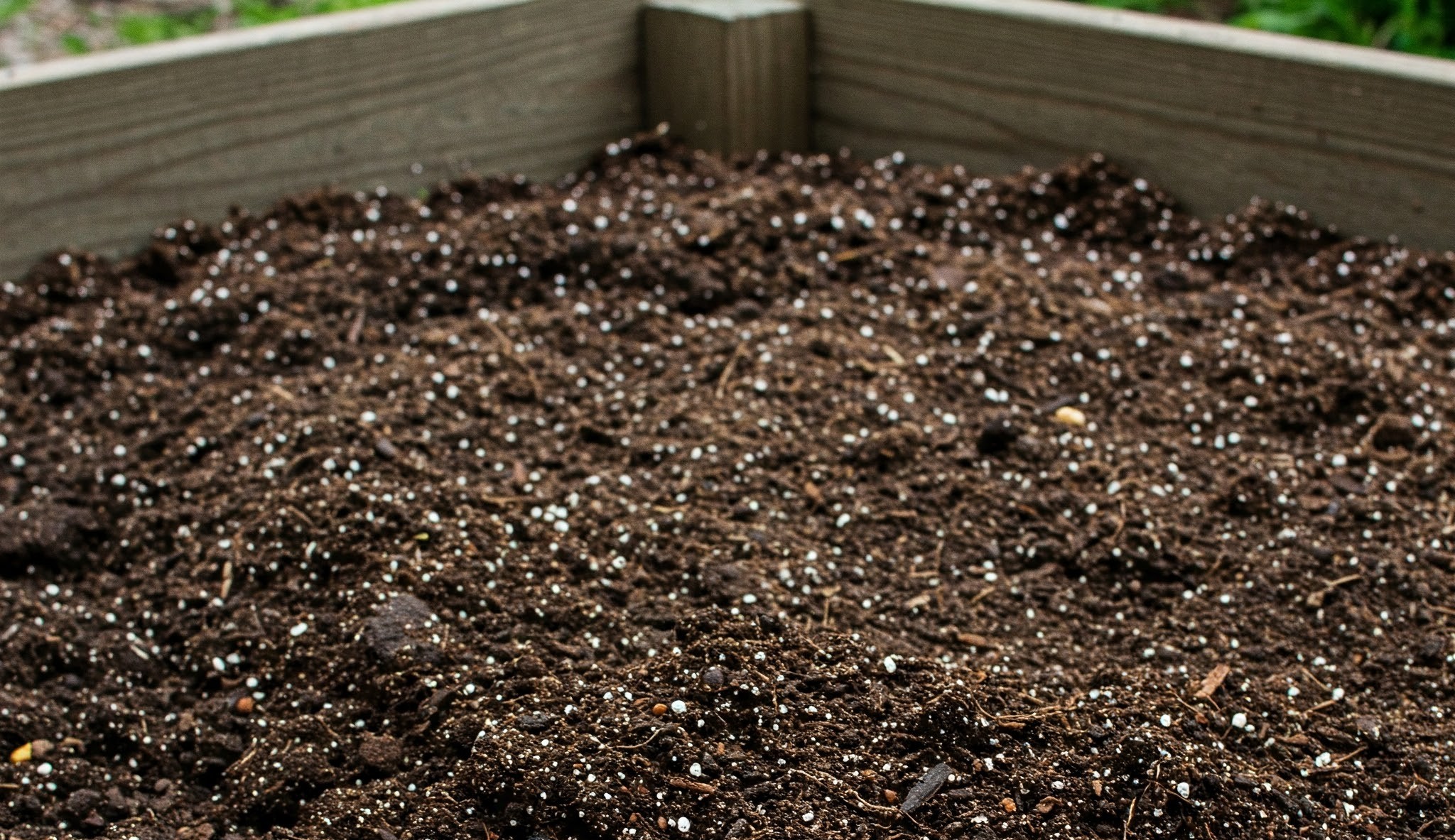Start a Garden: Your Comprehensive Guide to Success
Ever thought about how great it would be to eat a super tasty tomato you grew yourself? Or maybe you just want pretty flowers in your yard? That’s what starting a garden is all about, and it’s easier than you might think!
If you’re new to this and the idea of growing plants seems a bit scary, don’t worry! This guide is just for you. We know you might have questions like “What kind of dirt do I need?” or “Will my plants get enough sun?” We’ll take it slow and make it super simple.
When you start a garden, lots of good things happen. You get yummy veggies, your yard looks nice, and you feel good being around nature. It’s like a fun hobby that gives you cool stuff! In this guide, we’ll show you all the easy steps to get your own garden going. We’ll talk about planning where to put it, getting the soil ready, picking easy plants, how to water them, and what to do if things go wrong. We’ll give you simple tips so you can start a garden that grows well and makes you happy. Let’s get started!

I’m John Doe, a Certified Master Gardener with over 20 years of hands-on experience in cultivating healthy and vibrant gardens. My expertise spans organic gardening, soil science, and sustainable pest control. I’ve worked extensively with community gardens and have a deep passion for sharing my knowledge to help others succeed in their gardening endeavors.







